
China
19:55, 20-Oct-2017
Reporters' diary: China's message goes global
By John Goodrich
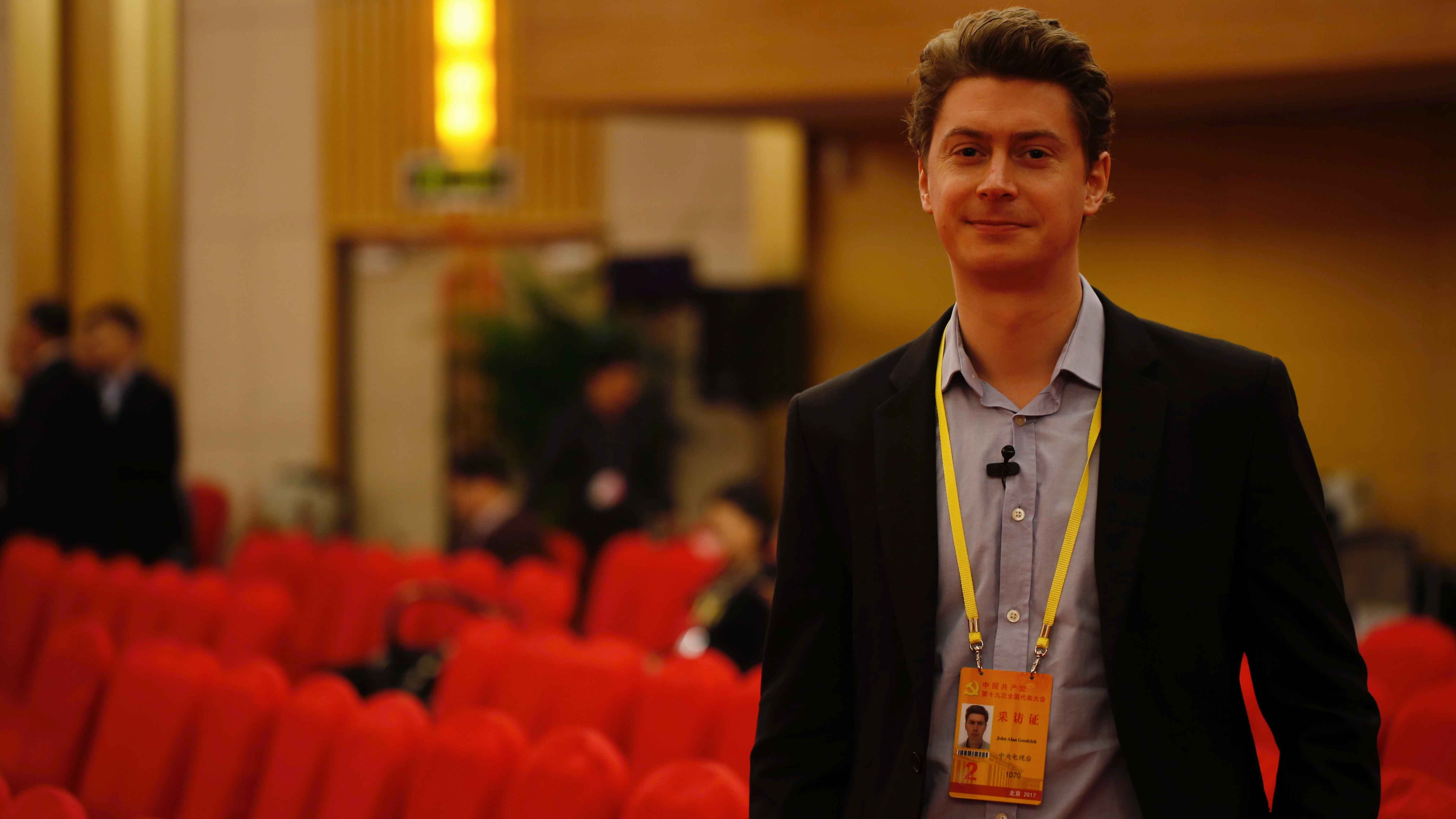
Art and math don’t ordinarily mix well, but to explain the expansion of China’s cultural industry since 2012, some numbers are needed.
Value of cultural industry up 58 percent from 2012 to 2016; income from film and TV up 54 percent to over 500 billion yuan.
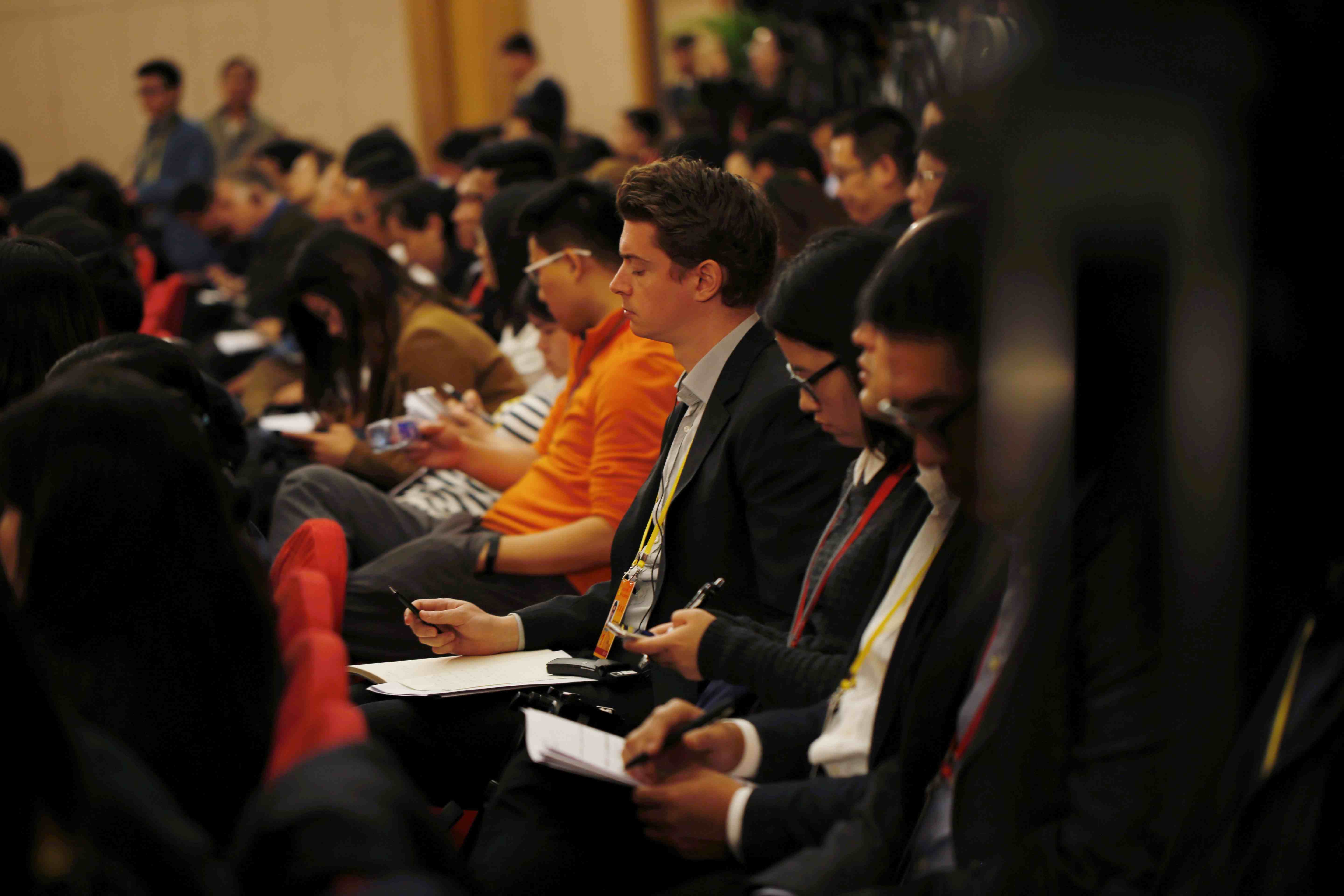
CGTN Photo
CGTN Photo
Headline economic growth in China has been fast since 2012, but figures like these indicate that some sectors are supercharged.
The second press conference of the 19th National Congress of the Communist Party of China (CPC) was overflowing on Friday morning, as journalists packed inside to hear senior officials lay bare the phenomenal expansion of creative industries over the past five years.
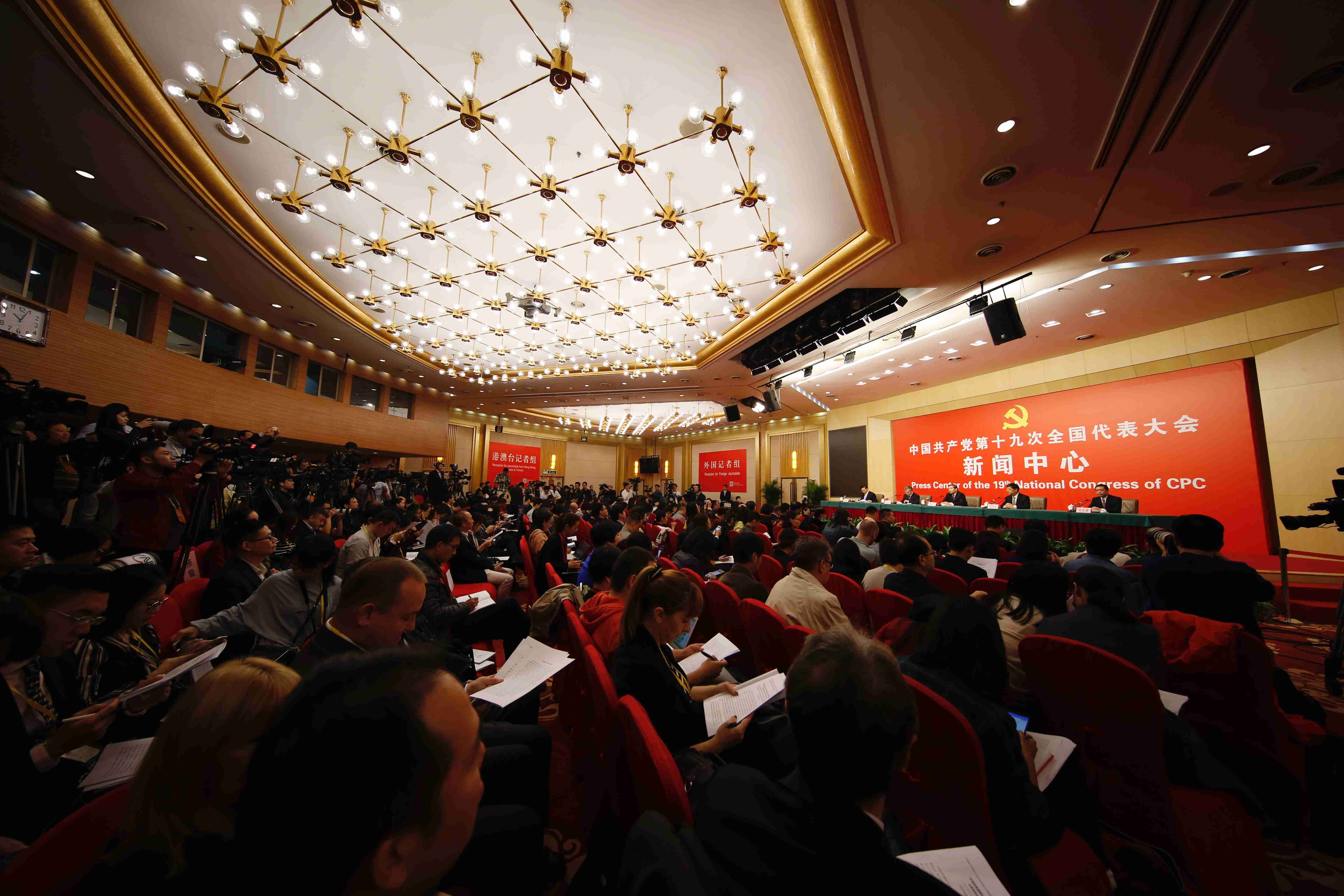
China is now the world leader in book publications, TV series, cartoon production, and emerging as a dominant power in online gaming and eSports.
The media covering the media could prompt accusations of navel-gazing but while Friday’s press conference was overflowing, it was actually themed “promoting cultural and ethical progress” – a part of this is telling China’s stories overseas.
China’s increasing “cultural soft power” was applauded by the Sun Zhijun, the deputy director of the publicity department of the CPC Central Committee.
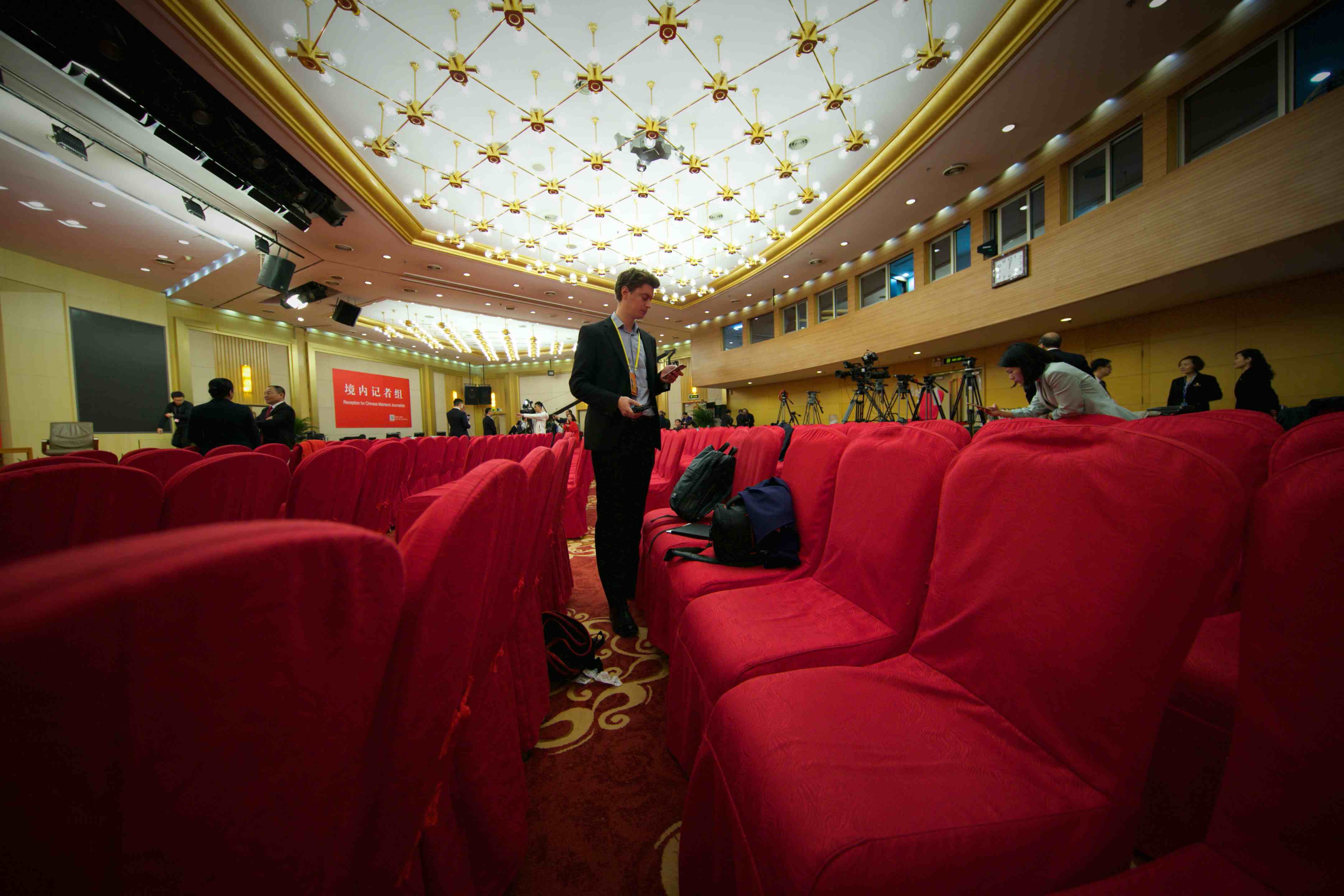
CGTN Photo
CGTN Photo
Concerted efforts have been made “to expound China’s concepts, systems and solutions and tell the stories of Chinese people, enterprises and brands,” he said.
Cultural cooperation agreements have been signed with more than 700 cultural executive programs and 157 countries and regions, while film partnerships have been agreed with countries along the Belt and Road routes as well as a China-Africa movie project.
An afternoon group interview with delegates to the 19th CPC National Congress revealed an example that added some color to Sun’s words: "A Beautiful Daughter-in-Law Era," the first of many Chinese dramas translated into Swahili and performing well in Africa.
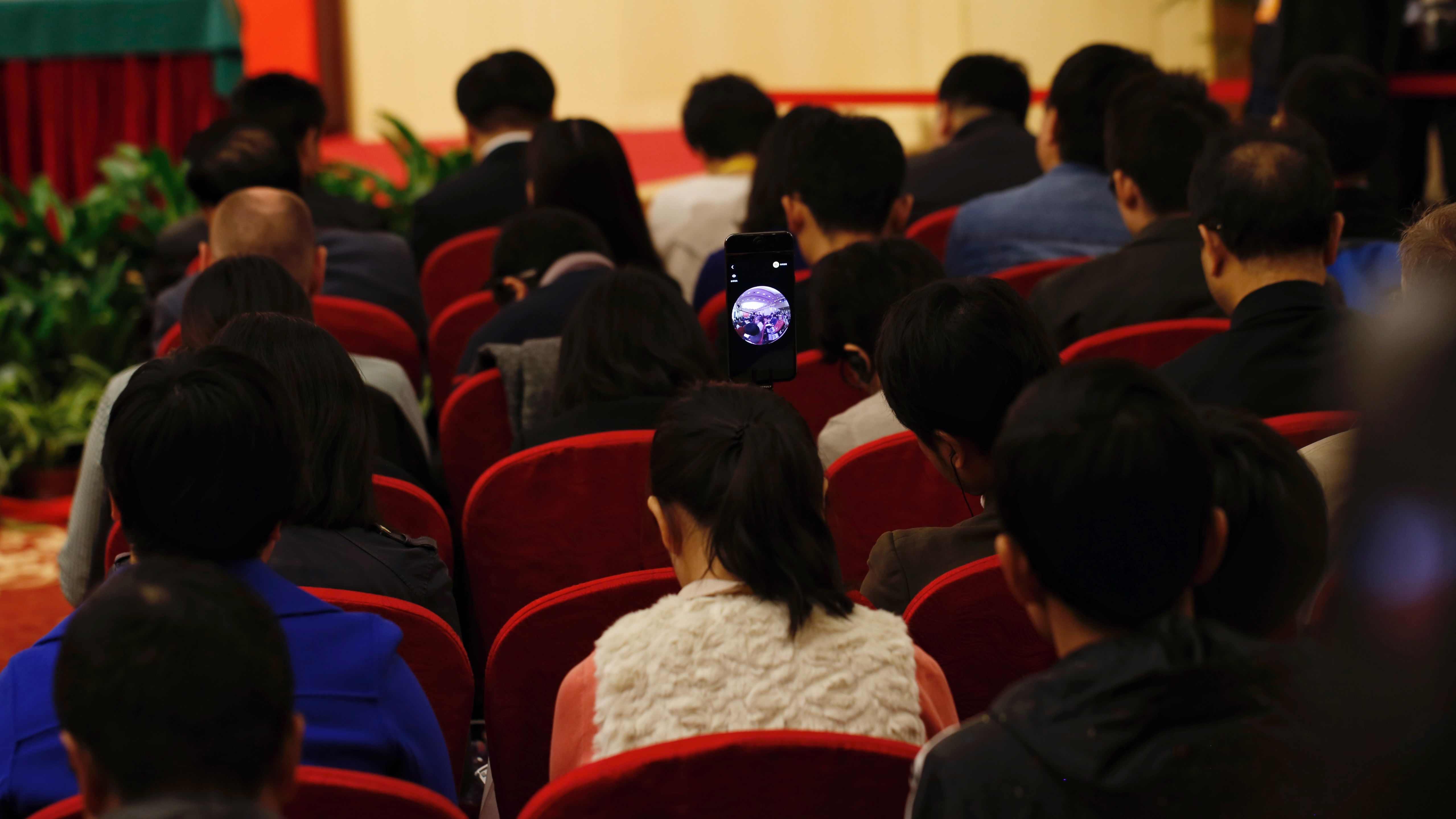
CGTN Photo
CGTN Photo
If it’s necessary, a reminder of the global interest in China is evident every day in the media center: journalists from around the world share three meals a day – eggs, mini-burgers, rice – and lots of coffee, filing stories and filming live streams from early morning until late at night.
A day that started with numbers, ended it song: delegate Meng Guanglu, a former National A-Stage Actor, burst into a strain of Peking Opera to send journalists home with a smile on their faces.

SITEMAP
Copyright © 2018 CGTN. Beijing ICP prepared NO.16065310-3
Copyright © 2018 CGTN. Beijing ICP prepared NO.16065310-3